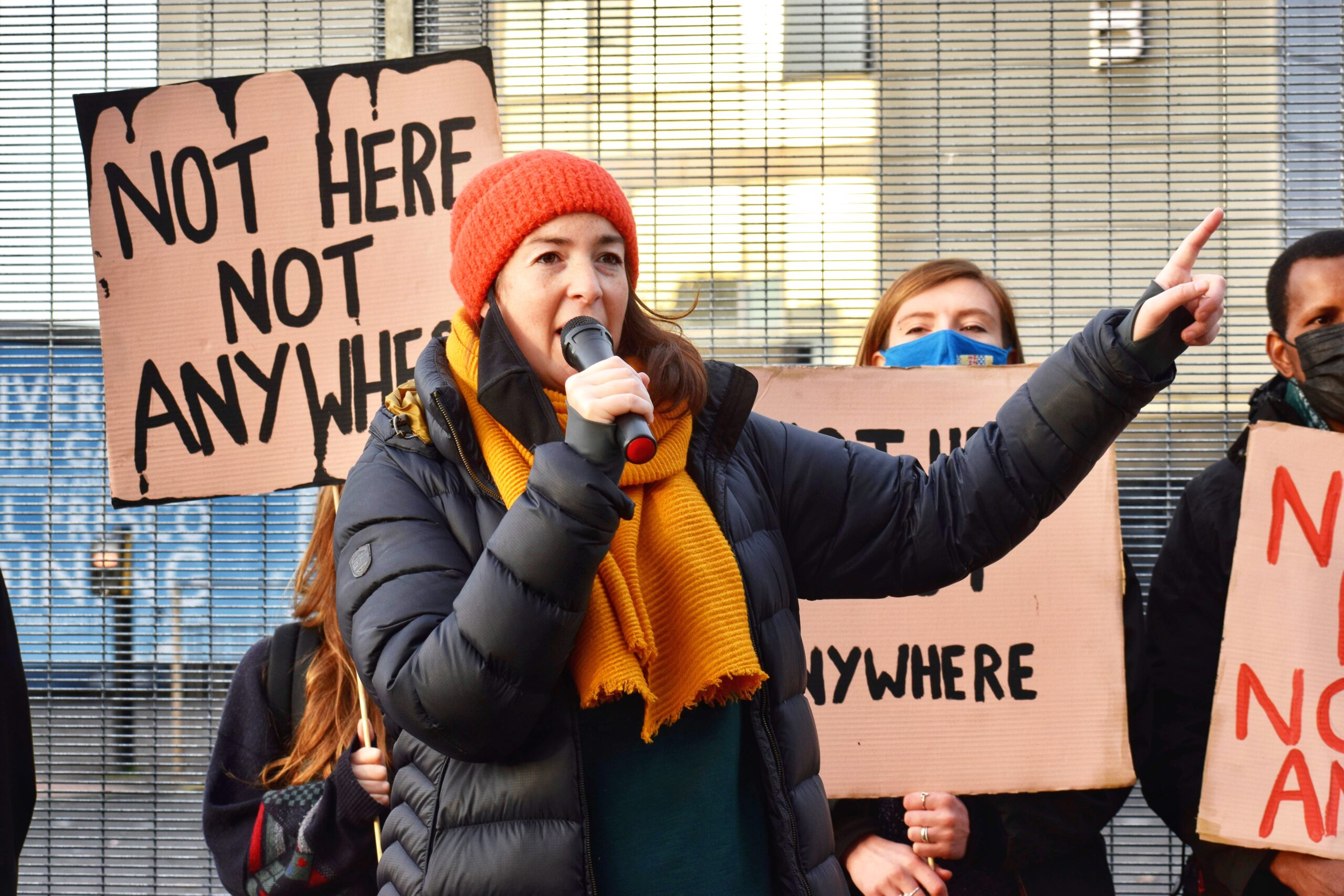
Food tips
In the UK, we import about one third of all our food supplies. Half of all vegetables and 95% of fruit consumed in the UK is from overseas. Buy fruit and vegetables in season that have been grown in the UK. [img_assist|nid=300|title=Vegetables|desc=|link=none|align=middle|width=450|height=300]
Food that is flown into the UK accounts for only 1% of food imports but produces 11% of carbon dioxide emissions. Air freighting of food is growing faster than shipping. Some shops now label food that has been air freighted. Avoid all food that has been flown to the UK.
Chilled and frozen foods require more energy for storage than fresh food. Frozen foods also tend to be stored for longer and so will have accumulated a higher carbon footprint by the time you eat them. Buy fresh food whenever possible.
Organic food tends to have produced less carbon dioxide during its production than conventionally farmed food,. The biggest reductions are on milk, cheese and potatoes. Switch to organic sources of milk, cheese and potatoes (sourced as locally as possible of course!)
A farmers’ market is a great place to go for fresh food, in season, that hasn’t been transported too far. Aim to visit a farmers market at least once in the next six months.
In many parts of Scotland, it is possible to get fresh fruit and vegetables direct from growers, delivered to you each week through a ‘box scheme’. Contact the Soil Association Scotland to find out details of schemes in your area.
Meat production, especially lamb and beef, is responsible for massive amounts of climate changing emissions. Cut down the meat in your diet a bit – it’s healthier and better for the environment.
Find out more about our work on food.
